Exact Answer: About 30 minutes
Novocaine is a brand name for an anesthetic known as procaine. This local anesthetic medication is used for numbing a particular part of your body. Furthermore, it is commonly used by dentists when operating dental procedures. The anesthetic helps in numbing a tooth before removal.
Unlike most anesthesia, the local novocaine anesthesia will not make you unconscious. In this article, we shall discuss how long does it take for novocaine to wear off and why.
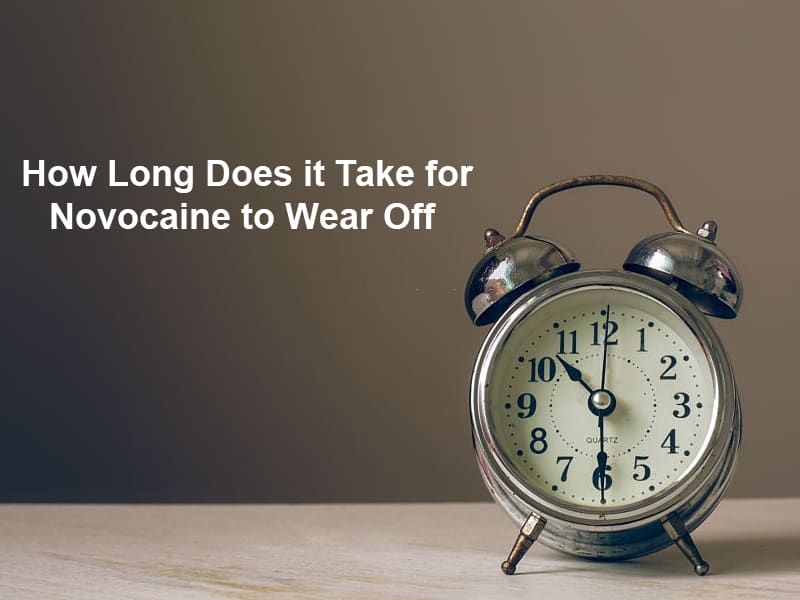
How long does it take for novocaine to wear off?
Novocaine’s effects don’t last for long, unlike most anesthesia. This injectable anesthesia has the shortest effects. Once you are injected with it, numbness will kick in after 5 to 10 minutes.
It will take approximately 30 to 60 minutes before the effect wears off. Due to its short duration of action, novocaine is used along with epinephrine to help extend its effect to around 90 minutes.
Why does the novocaine effect last for a short period?
Usually, the effect of novocaine is profoundly affected by the amount which is administered by the dentist or doctor. The dosage often varies depending on the procedure you will be undergoing. Furthermore, the size of the area to be operated upon will affect the amount of dosage the dentist or doctor will use.
The number of nerves as well affects the effect of the novocaine as well as the dosage. A dentist or a doctor might consider giving you a higher dosage if you would like to numb the area for an extended period.
This will help to complete the procedure without weakening novocaine’s effect. At times, the effect of novocaine can vary depending on an individual. In our body, novocaine is metabolized by an enzyme called pseudocholinesterase. 1 in every 5,000 cannot break down novocaine due to their genetics.
The condition is known as pseudocholinesterase deficiency. It is common with a particular population such as the Jewish community, Persian and Alaska natives. Individuals with such condition may encounter hypersensitive reactions, and novocaine effect will last for an extended period.
What are the risks of using novocaine?
This local anesthetic is considered safe for use. However, it is possible to overdose. Doctors and dentists carry out careful calculations before administering novocaine into your body. This will help prevent any case of overdose.
Using novocaine together with epinephrine helps to reduce any chance of overdosing. When novocaine is being administered in the body, you will experience a burning sensation that lasts for a few seconds before numbness kick in.
Furthermore, as the effect of novocaine fades off, you might experience some tingling sensation around the area it was injected.
Conclusion
Novocaine is an excellent anesthetic which is safe for use, and it is known for not causing unconsciousness to patients. Usually, this drug works by blocking the nerves in the body; hence, it does not send impulses.
When pain receptors are obstructed, your body will become numb, therefore making it easy for a doctor or a dentist to carry out the operation.

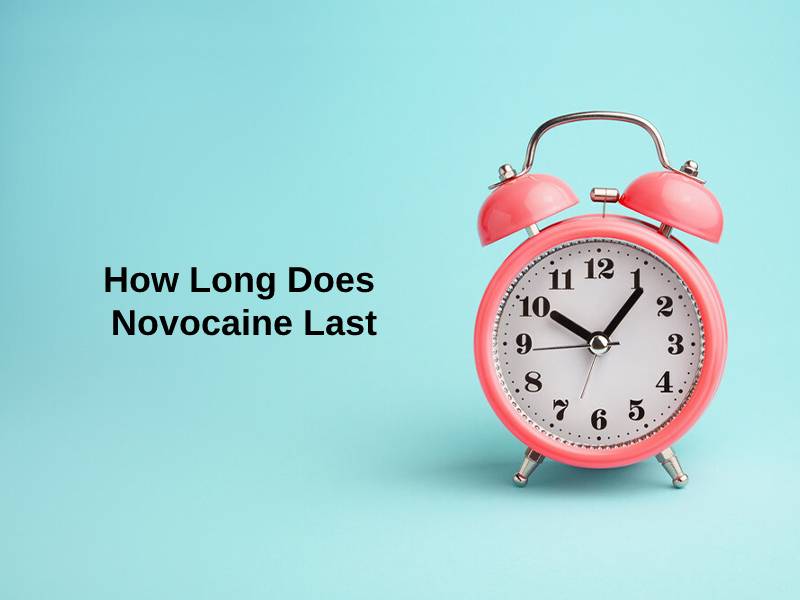
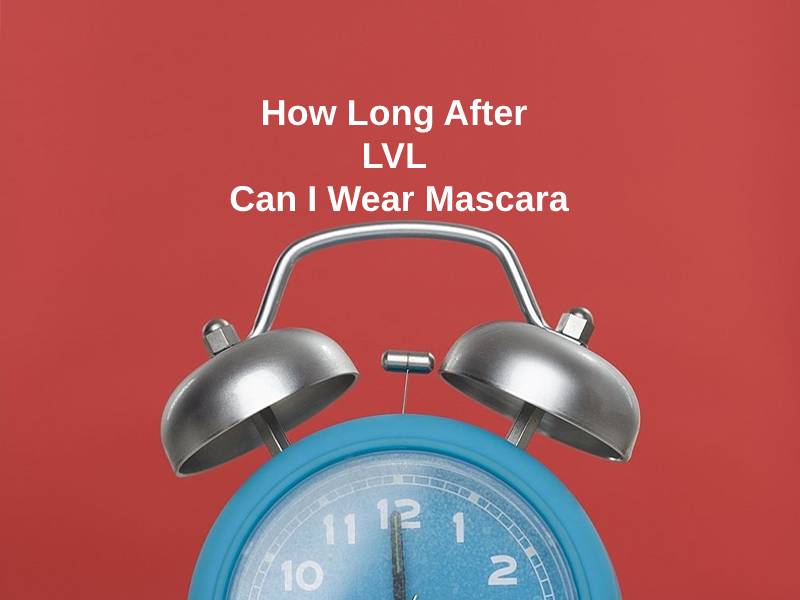
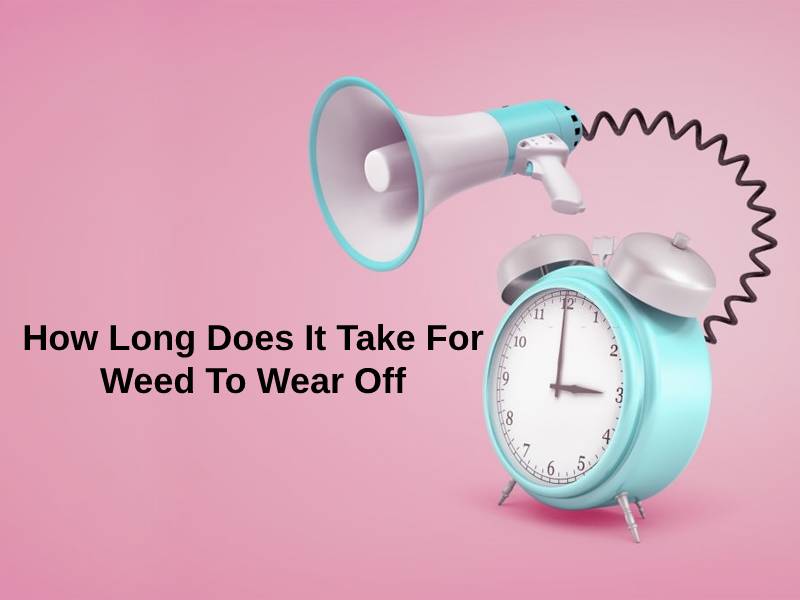
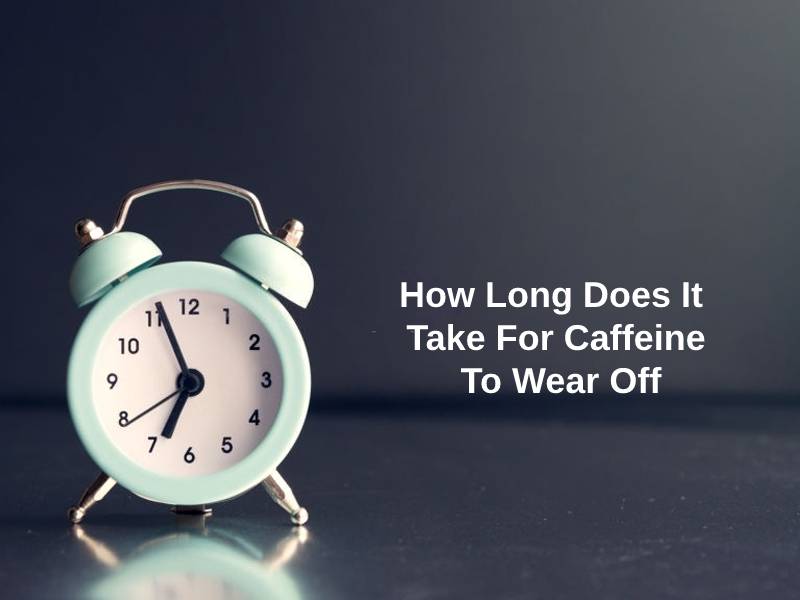


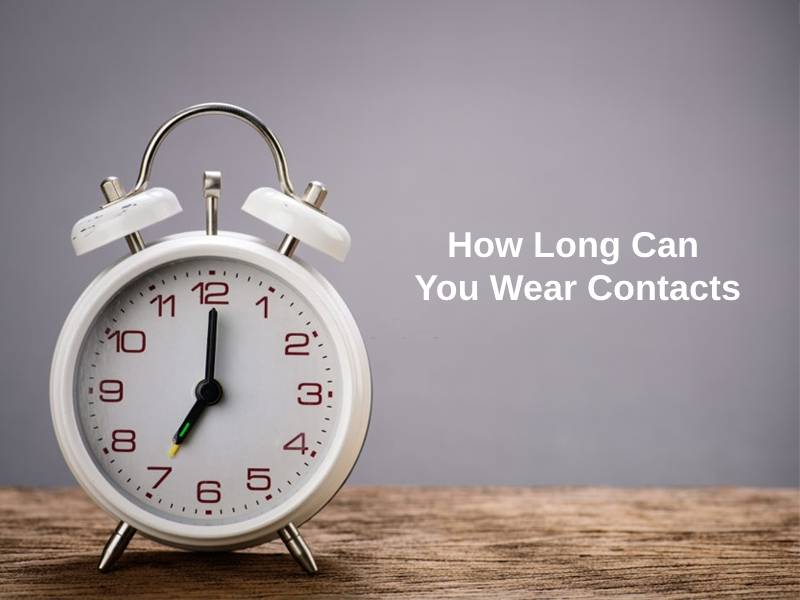
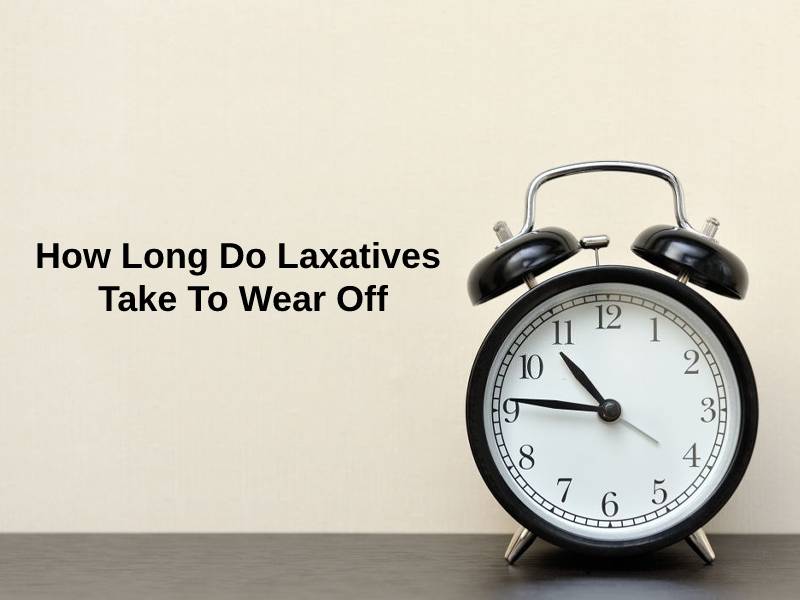
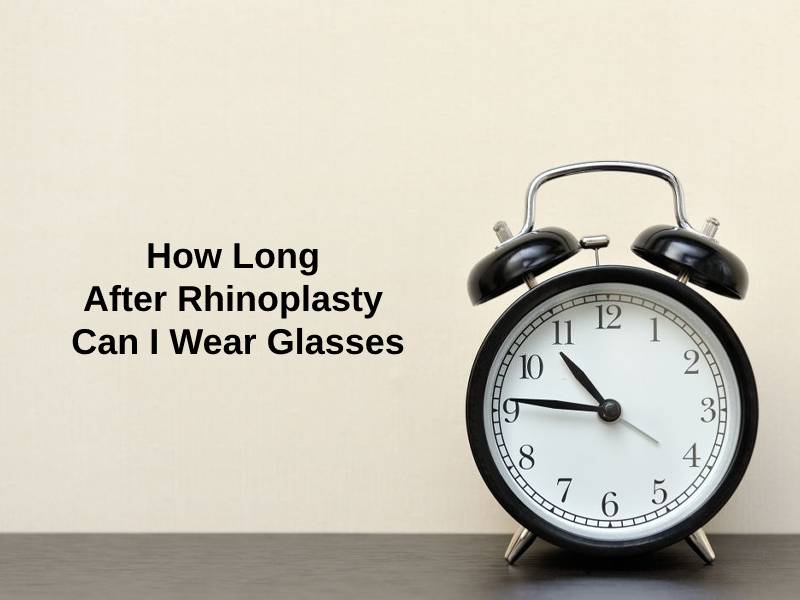

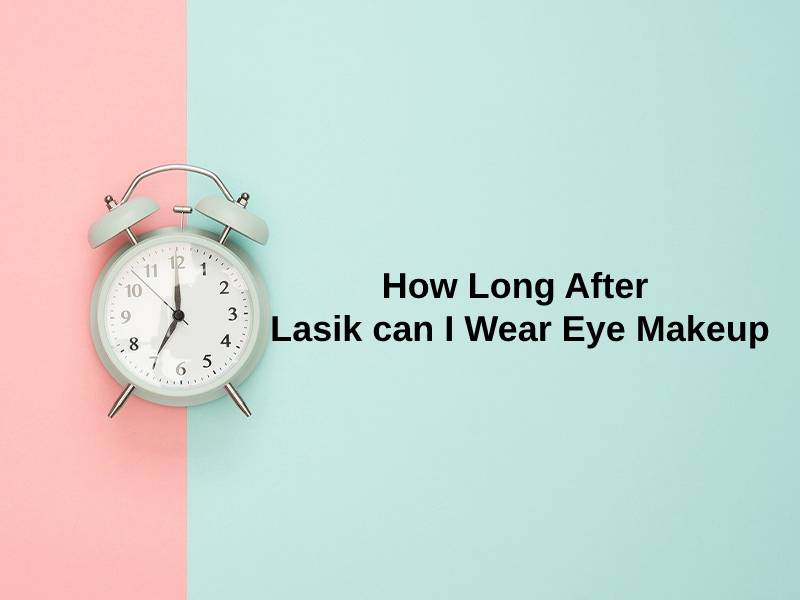
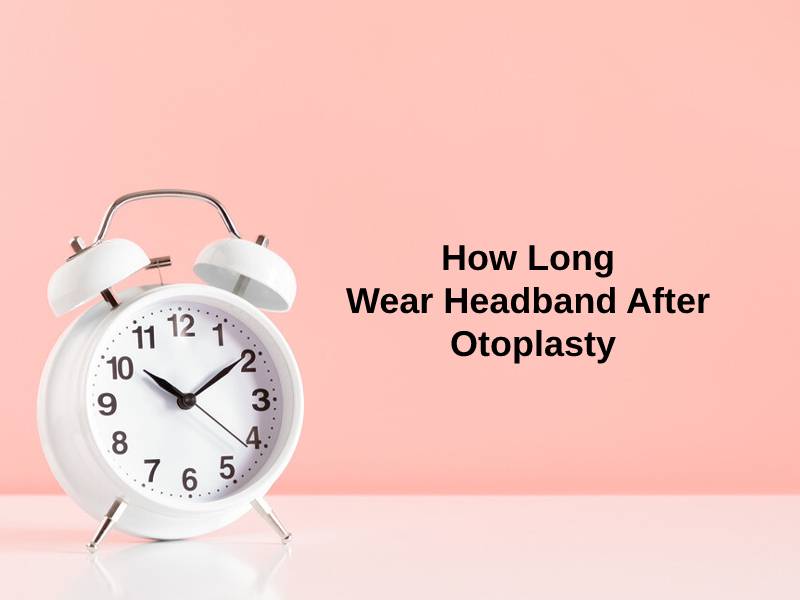
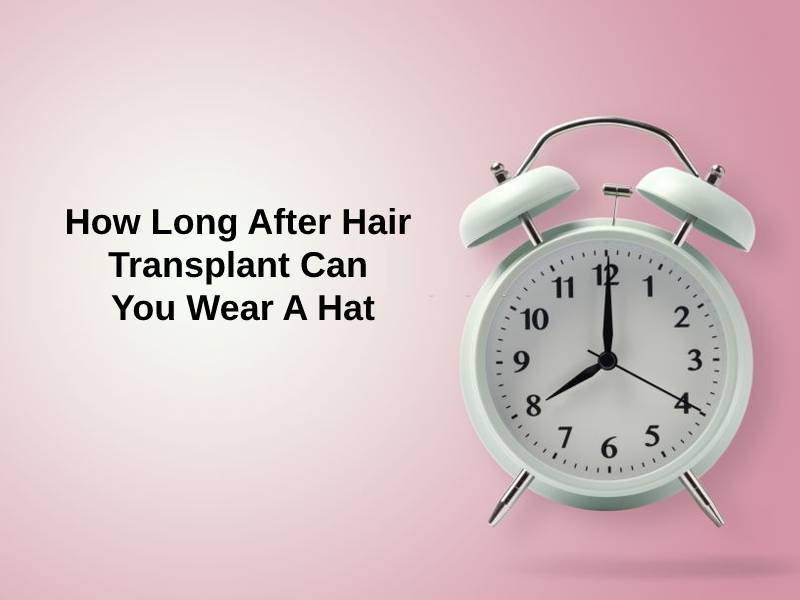

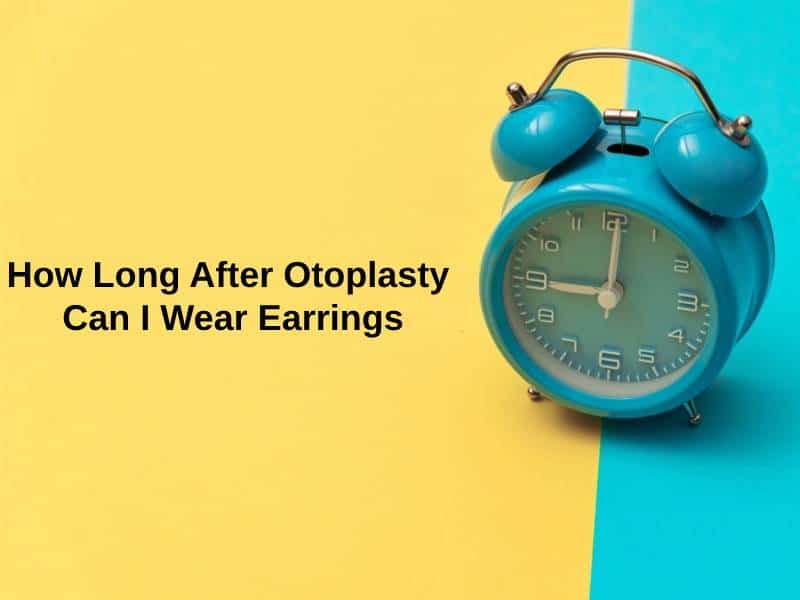
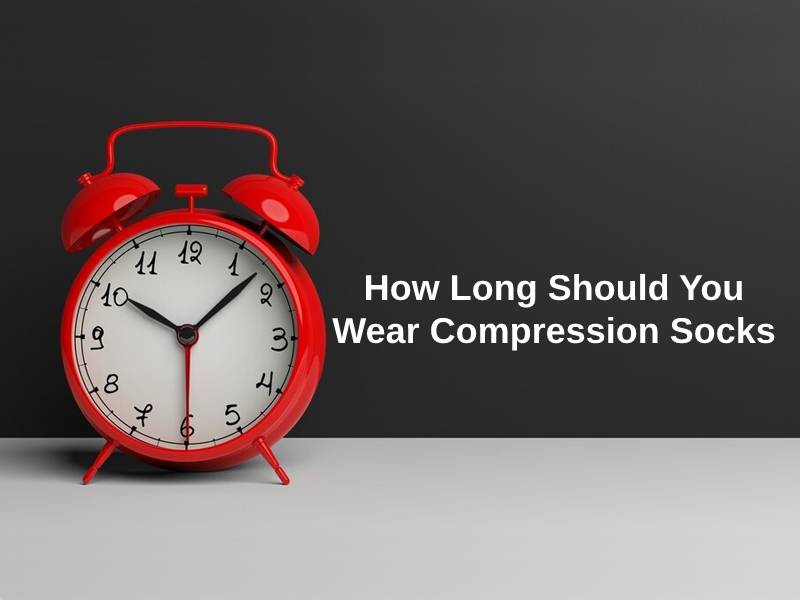

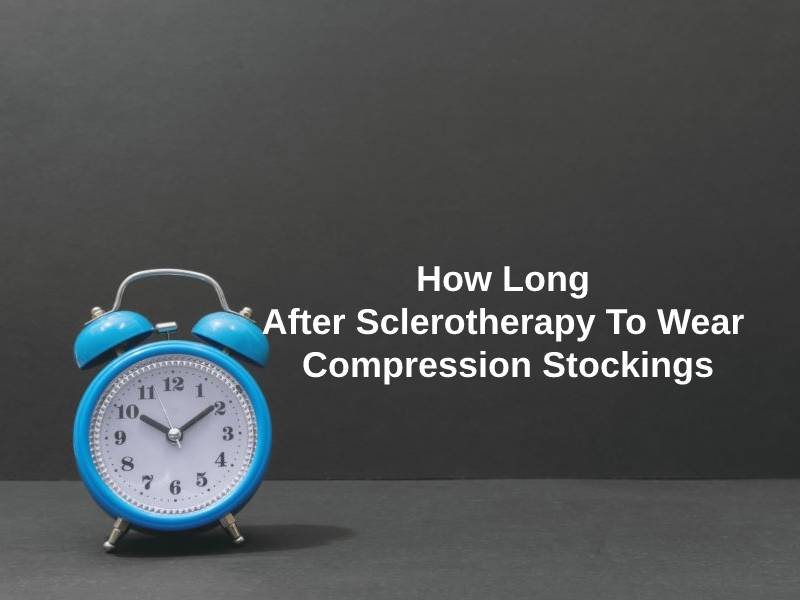
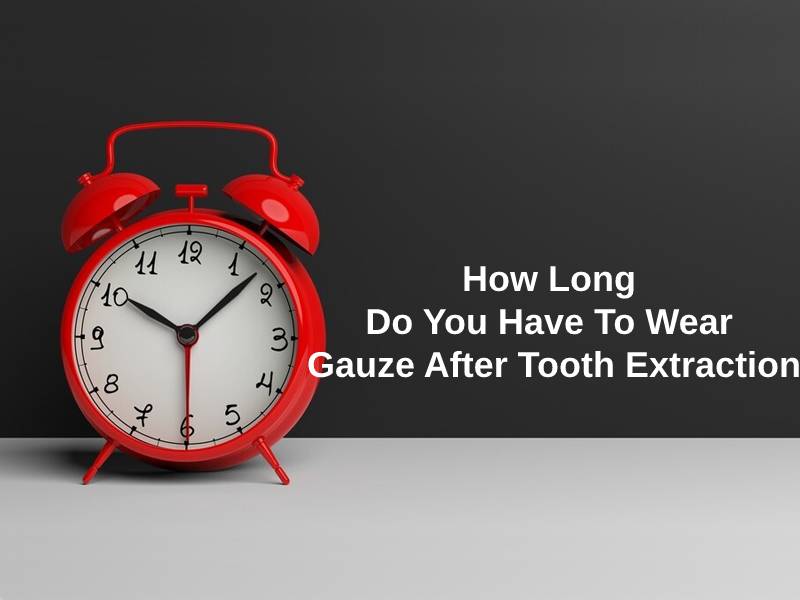
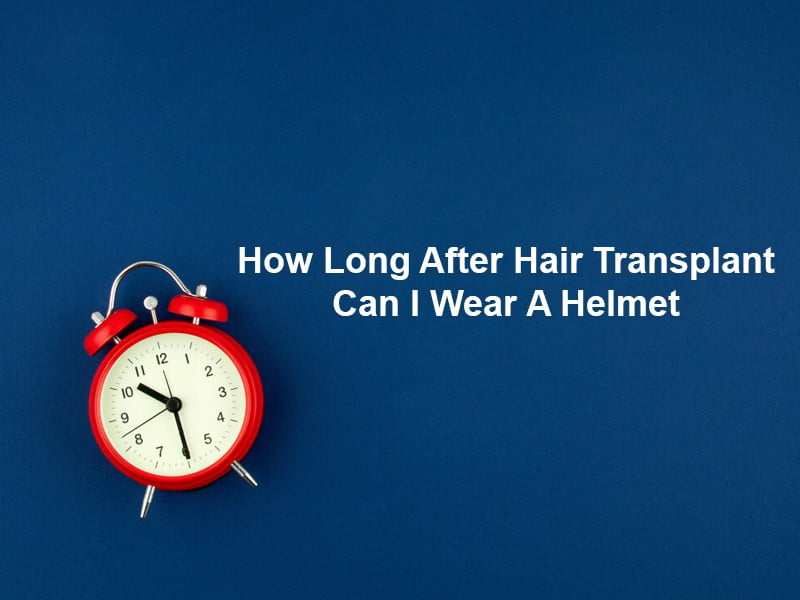

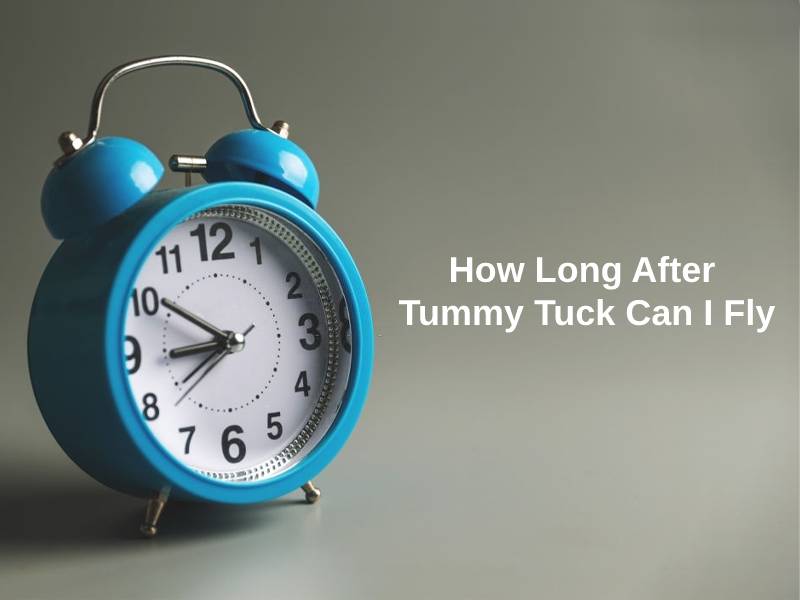
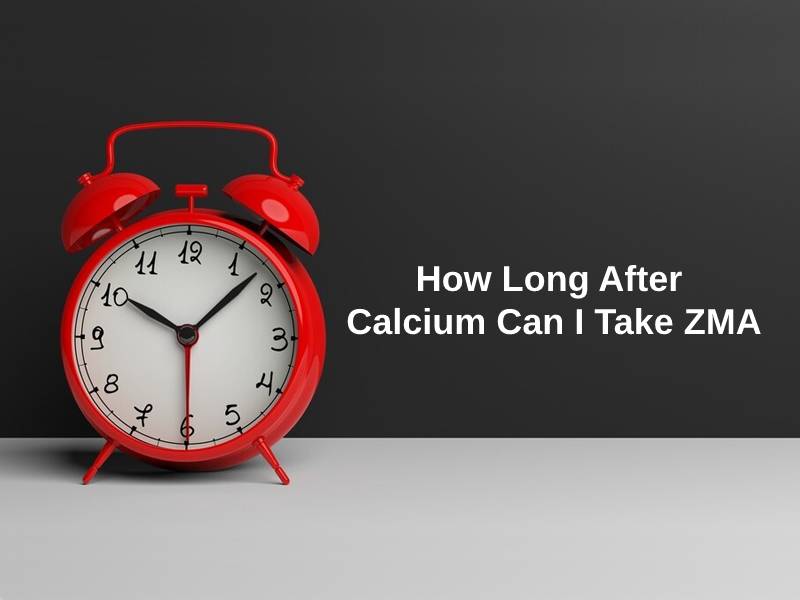


Allergic reactions to novocaine are definitely alarming. This article provided some valuable insight into that.
This content is very educational, thank you!
Agreed. I never knew about that condition before.
I find it a bit unsettling that the local anesthetic fades off to a tingling sensation. Shouldn’t it wear off completely?
Hard to believe people can feel little to nothing after being injected. This really doesn’t sound normal.
It’s quite fascinating to learn about the pseudocholinesterase deficiency.
For a drug that has to be carefully calculated, it sounds risky. What if the calculation is wrong, and someone suffers an overdose?
This article provides sound reasoning behind the use of novocaine and clears up several misconceptions.
The explanation on why the effect of novocaine is short was very informative.
This is a valid article. This drug is highly used in dental procedures and the information provided is concise and accurate.
Very informative, I had no idea the anesthesia had such effects.
The risks of using novocaine are well explained and the conclusion sums up the article effectively.
Novocaine seems like a high-risk drug given the possibility of overdosing.
For a safe anesthetic, there sure are many risks associated with the use of novocaine.
Injectable anesthesia! I guess I’d better brace myself for that stinging pain.
Hilarious but true. I’d probably be bracing myself for that stinging pain too!
I appreciate the detailed explanation of how novocaine works and its effects. It’s interesting to read and confirms why we feel numb after injection.